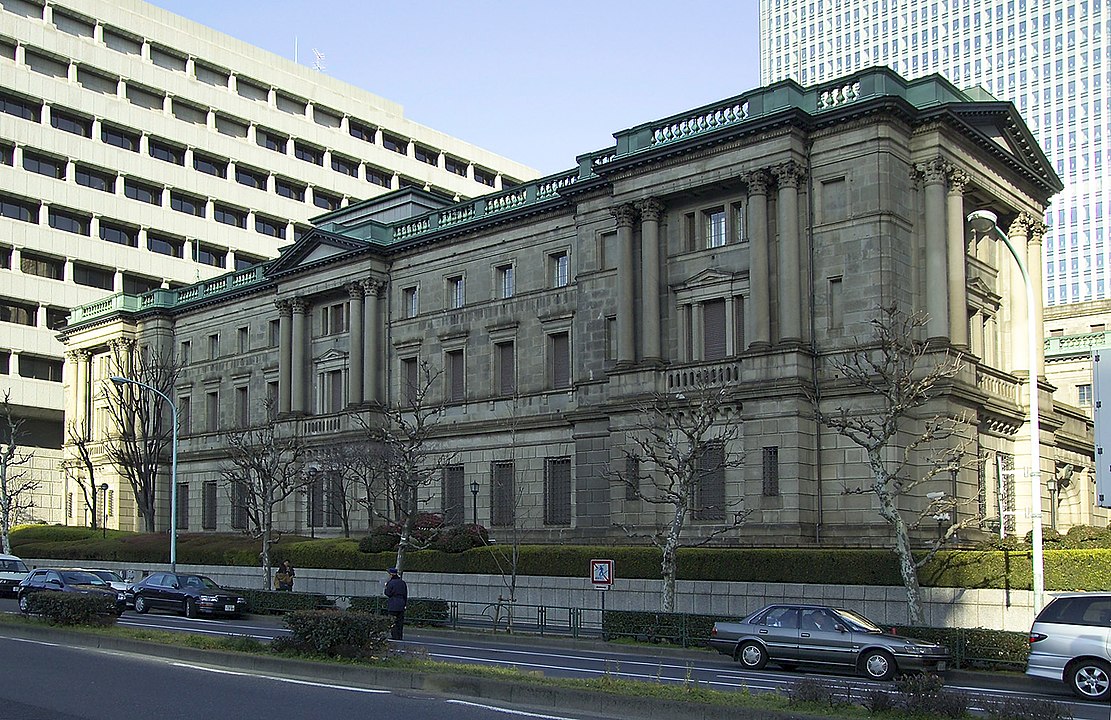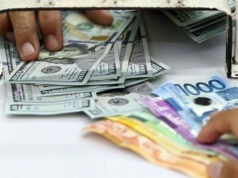BoJ sparks yen slide after doubling down on bond-buying

THE BANK of Japan (BoJ) sparked a sharp slide in the yen by doubling down on its promise to defend a rock-bottom yield target that leaves it as a dovish outlier as other major central banks move to tighten monetary policies.
The central bank said it would buy an unlimited amount of bonds at fixed-rates every business day to protect a 0.25% ceiling on 10-year government debt yields as part of its stimulus measures.
The bank kept its main yield curve control settings and the scale of its asset purchases unchanged, according to a statement Thursday. That decision had been widely expected by economists despite speculation the BoJ might take action to bolster the yen.
The currency weakened sharply against the dollar after the decision and breached the 130 mark mid-afternoon in Tokyo compared with around 128.67 immediately before the BoJ issued its statement. Stocks in Tokyo continued to gain during the afternoon session.
With the decision, BoJ Governor Haruhiko Kuroda and his board pushed back more aggressively than expected against the market chatter that it will have to tweak policy to help stop the yen from weakening more and to ease the upward pressure on yields.
Looking ahead, the BoJ also stuck with its view that rates would stay low or go even lower.
Economists see further slides in the yen as inevitable, but say the government is more likely to ramp up its relief measures for soaring energy and food prices before considering intervening in markets to prop up the currency.
“The BoJ wants to make it abundantly clear that it will stick with stimulus and that the yen is not part of its considerations,” said Hiromichi Shirakawa, chief economist at Credit Suisse Securities. “This also sends a clear message that the bank is not joining the US Federal Reserve or the European Central Bank on tightening moves.”
With the Fed and others racing to push up borrowing costs to keep a lid on accelerating prices, the divergence in interest rates with the BoJ is growing. That’s helping drive the Japanese currency down against the dollar to a level that is causing pain for some households and businesses.
“The BoJ has shown some concern over the rapid fall of the yen, but when it comes to its level, it seems very tolerant,” said Mari Iwashita, chief market economist at Daiwa Securities Co. “I don’t think the BoJ is thinking 130 against the dollar is going to be some terrible inflection point.”
For now the central bank and Prime Minister Fumio Kishida’s administration appear committed to a division of labor that sees the BoJ stimulating a fragile economy while the government tries to offer relief for the effects of soaring energy and food prices amplified by the weaker yen.
“Instead of intervening in the currency markets, Japan is more likely to add to its economic support policies,” said S&P economist Harumi Taguchi, adding that gaining support for forex intervention would be very difficult. “Kishida has already announced additional measures, but depending on how much more the yen weakens Japan could add to its support measures.”
The decision comes just two days after the prime minister unveiled 6.2 trillion yen ($48 billion) of spending to help relieve the burden of soaring fuel and commodity prices on businesses and households.
In updated price projections, the BoJ also raised its inflation forecast closer to its 2% goal in the fiscal year that started this month on the impact of energy prices but projected it to weaken the following year.
The bank now sees inflation accelerating to 1.9% this year from its 1.1% forecast just three months ago. That means the bank is predicting the highest price growth in three decades outside the tax hike years of 1997, 2014 and 2019.
Still, its updated forecast for the following year shows inflation weakening to 1.1%. That fits in with Mr. Kuroda’s view that inflation without solid wage gains won’t be sufficient to achieve the positive cycle of growth and prices he seeks. Its forecast for the year to March 2025 also showed inflation averaging well below its price goal.
The yen’s rapid movements have placed Mr. Kuroda in an awkward position. Finance Minister Shunichi Suzuki has recently been stressing the “bad weak yen” aspects in a stance that is at odds with Mr. Kuroda’s long-held assessment that a weak yen is positive for the economy overall. Mr. Kuroda stepped up his own warnings over the currency’s abrupt moves a few days after Mr. Suzuki’s remarks.
While the BoJ has pushed back strongly for now, it is likely to continue to face speculation that it will have to adjust policy in the coming months.
The number of economists who said the bank is likely or very likely to take policy steps in response to a weak yen or inflation this year more than doubled to 45% in a Bloomberg poll this month. — Bloomberg



